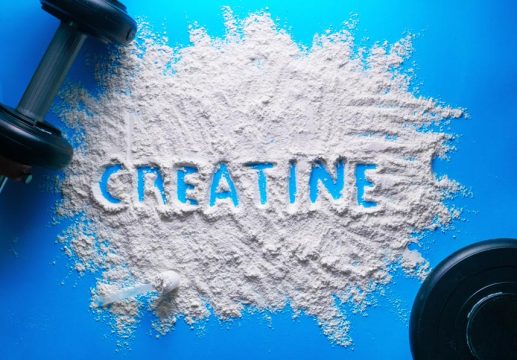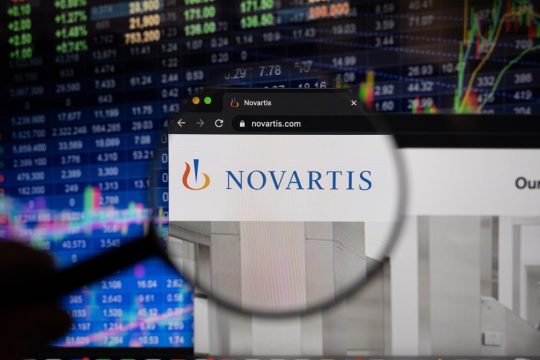Advertisment
Phase III reSURFACE 1&2 extension studies showed Ilumya offers sustained and improved results in plaque psoriasis.- Sun Pharma
Sun Pharmaceutical Industries announced further evidence of the long-term use and cost-effectiveness of Ilumya (tildrakizumab-asmn) in moderate-to-severe plaque psoriasis. Long-term analyses of the phase III reSURFACE 1 and 2 extension studies found that Ilumya offers sustained and improved results in patients with moderate-to-severe plaque psoriasis who received treatment for up to four years with no new safety concerns recorded. Furthermore, the safety profile of Ilumya was reconfirmed in a five-year analysis that demonstrated low and similar exposure-adjusted incidence rates of malignancies from year four to year five.
A majority of malignancies were singular events with similar incidence rates as seen in the general US population. Another post-hoc analysis of 335 patients who were predominately bio naïve showed that those who achieved PASI 50 or higher after 6 months of treatment with Ilumya saw continued improvement and sustained response rates when they maintained treatment for up to three years. Those patients who achieved PASI at least 90 at week 28 had rapid improvements as early as week 4. Ilumya 100 mg was well-tolerated, with a low rate of adverse events (AEs) that were comparable or numerically lower than placebo or etanercept based upon exposure-adjusted rates for many AE categories. The most common (at least 1%) adverse reactions associated with Ilumya are upper respiratory infections, infection site reactions, and diarrhea. Data were presented at the American Academy of Dermatology (AAD) Virtual Meeting Experience 2020.
Six additional long-term analyses showed Ilumya offers similar efficacy and safety results in patients with metabolic syndrome or patients who are over 65 years of age, factors that may make treatment more complex. Metabolic syndrome has a higher prevalence in patients with moderate-to-severe psoriasis compared to the overall population and an impact on response rates to many anti-TNF and IL-17 treatments. The analyses found that metabolic syndrome had minimal effect on the positive results seen in people treated with Ilumya for up to three years and there was no increase in cardiac events or worsening of diabetes, compared to those without metabolic syndrome. Furthermore, a 10-year cost analysis study revealed that Ilumya is among the most cost-effective first-line therapies for treating moderate-to-severe plaque psoriasis and is more cost-effective than many other biologics, including risankizumab, secukinumab, guselkumab, ixekizumab, adalimumab, ustekinumab, etanercept, or certolizumab pegol.





